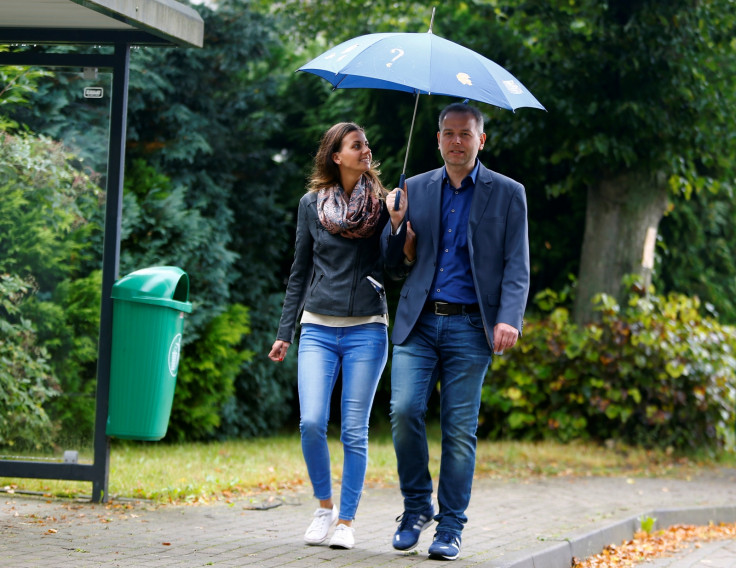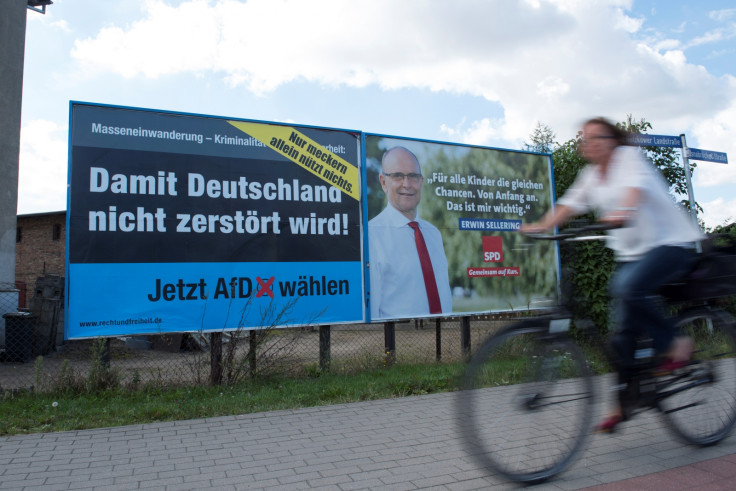Angela Merkel faces tough challenge from anti-migrant party AfD in home state polls
The elections come amid growing discontent over the German chancellor's open doors policy regarding refugees.

Around 1.3 million voters are set to cast ballot on Sunday (4 September) in north-eastern German state of Mecklenburg-west Pomerania, where early polls suggest that anti-migrant party, Alternative for Deutschland (AfD) is set to make big gains against German Chancellor Angela Merkel's party Christian Democratic Union (CDU).
The elections come amid growing discontent over the German chancellor's open doors policy regarding refugees. The elections will be held almost a year after she announced her decision to open borders for hundreds of thousands of refugees from war-torn Arab nations. Polls will also be held in Berlin later this month, while national elections are scheduled for September 2017.
In three state elections held in March, voters had supported the Alternative for Deutschland (AfD) and rejected the Christian Democrats.
Mecklenburg-west Pomerania is a small coastal state in northeastern Germany with just over a million registered voters, but a loss here could be a big blow to Merkel, as her own electoral constituency is located in the state. According to one poll, the centre-left Social Democrats, who are also senior partners with the ruling coalition, are projected to win with 28% of the vote.
Leif Erik Holm, a prominent candidate of the AfD said: "We hope to become the strongest party in Mecklenburg-West Pomerania."
However, all other national parties in Germany have refused to form a coalition with AfD and therefore, the party does not stand a chance of forming government in the state, Reuters reported.
In a campaign appearance on Saturday (4 September), in Mecklenburg-west Pomerania, Merkel said, "Every vote counts," and urged the people to look beyond the divisive rhetoric and take into consideration the policies of the coalition government that halved unemployment numbers and the increased tourism to the coastal state.
However, Merkel stood by her policy of welcoming refugees into the country and said: "The vast majority of people are ready to help people in distress in the world. For that I am very thankful. We must maintain this [stance]."
In an interview with Bild newspaper, she defended the decision of her chancellory to not close borders to refugees arriving via Austria from Hungary. She said, "We did not reduce benefits for anyone in Germany as a result of the aid for refugees." In another rally in Bad Doberan, Merkel warned asylum seekers and stressed, "Those who have no prospect to stay must leave our country."

© Copyright IBTimes 2024. All rights reserved.





